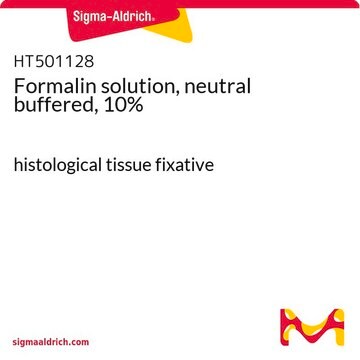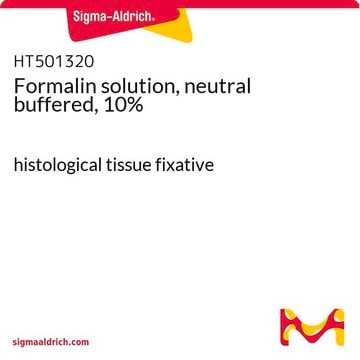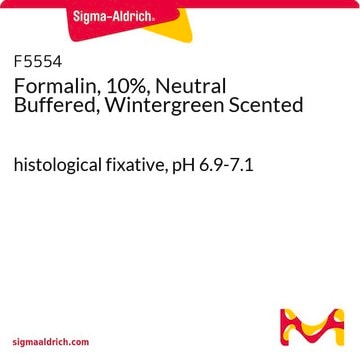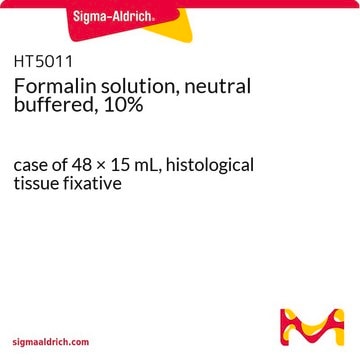Z2902
Zinc Formalin Fixative
fixative, pH 6.2-6.3
Synonym(s):
ZFF
About This Item
Recommended Products
pH
6.2-6.3
application(s)
hematology
histology
storage temp.
room temp
General description
Application
Preparation Note
Storage and Stability
Flash Point(F)
Not applicable
Flash Point(C)
Not applicable
Personal Protective Equipment
Certificates of Analysis (COA)
Search for Certificates of Analysis (COA) by entering the products Lot/Batch Number. Lot and Batch Numbers can be found on a product’s label following the words ‘Lot’ or ‘Batch’.
Already Own This Product?
Find documentation for the products that you have recently purchased in the Document Library.
Customers Also Viewed
Related Content
Three-dimensional (3D) printing of biological tissue is rapidly becoming an integral part of tissue engineering.
Three-dimensional (3D) printing of biological tissue is rapidly becoming an integral part of tissue engineering.
Three-dimensional (3D) printing of biological tissue is rapidly becoming an integral part of tissue engineering.
Three-dimensional (3D) printing of biological tissue is rapidly becoming an integral part of tissue engineering.
Our team of scientists has experience in all areas of research including Life Science, Material Science, Chemical Synthesis, Chromatography, Analytical and many others.
Contact Technical Service








